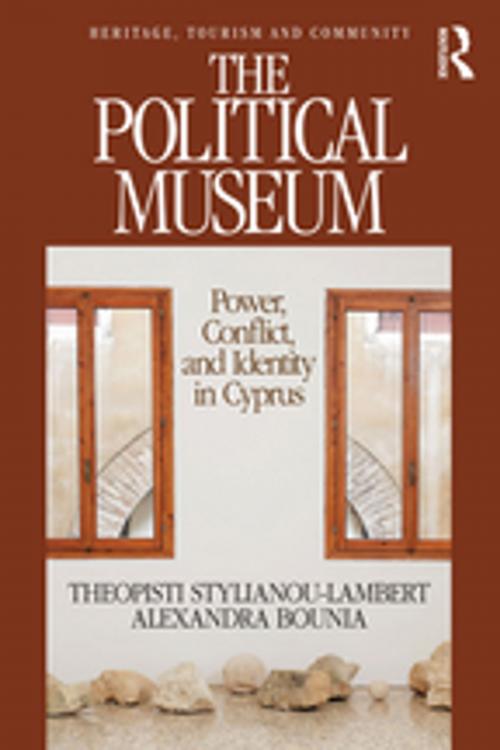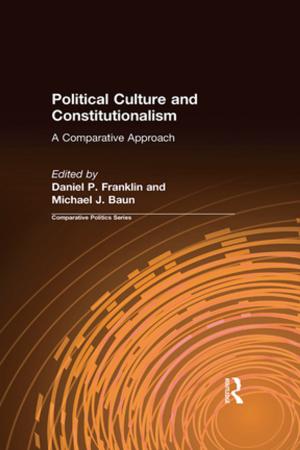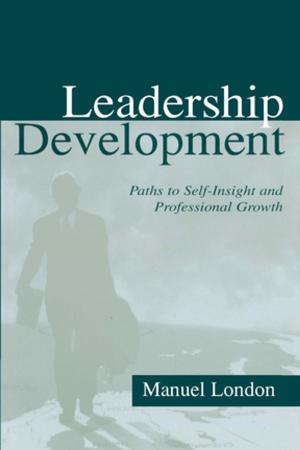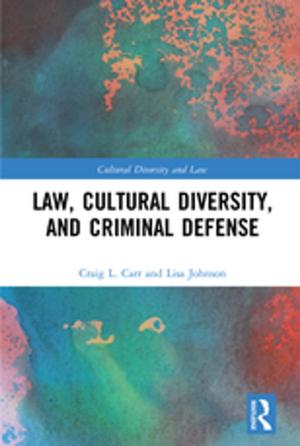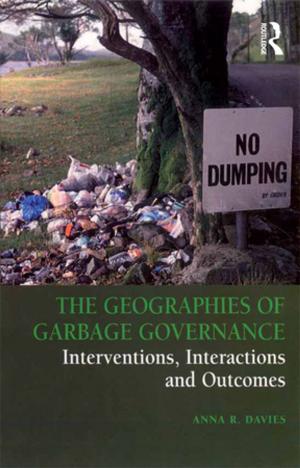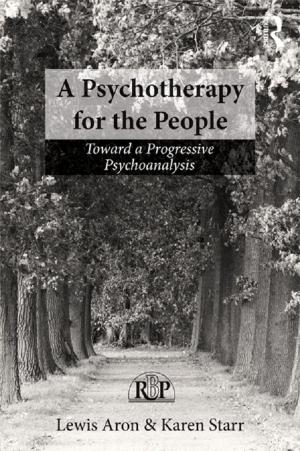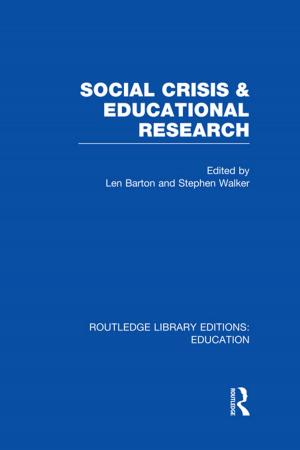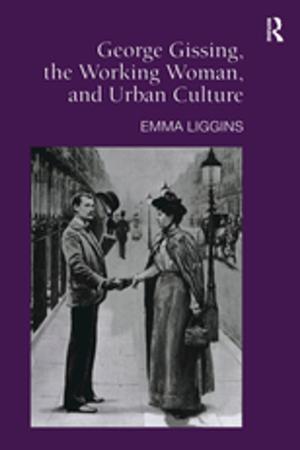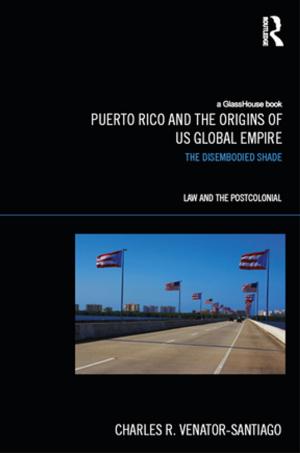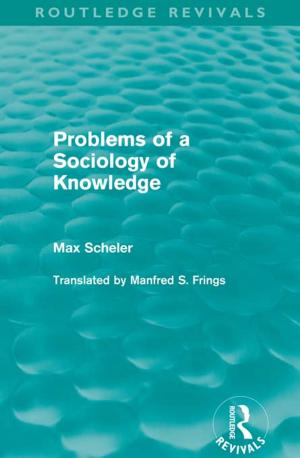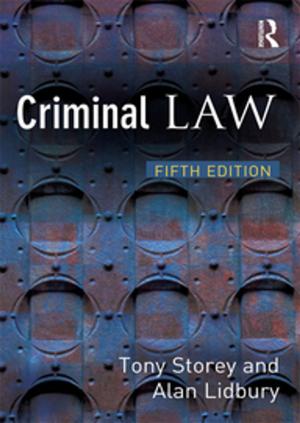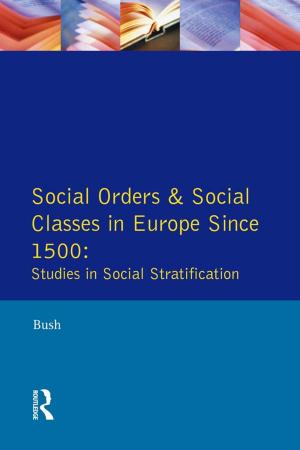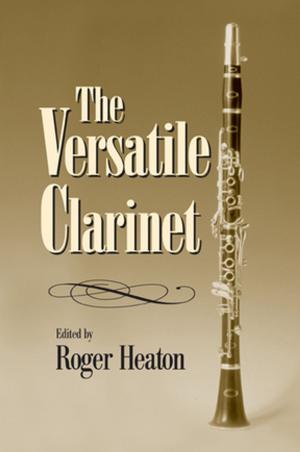The Political Museum
Power, Conflict, and Identity in Cyprus
Nonfiction, Social & Cultural Studies, Social Science, Archaeology| Author: | Theopisti Stylianou-Lambert, Alexandra Bounia | ISBN: | 9781315521039 |
| Publisher: | Taylor and Francis | Publication: | December 1, 2016 |
| Imprint: | Routledge | Language: | English |
| Author: | Theopisti Stylianou-Lambert, Alexandra Bounia |
| ISBN: | 9781315521039 |
| Publisher: | Taylor and Francis |
| Publication: | December 1, 2016 |
| Imprint: | Routledge |
| Language: | English |
This engaging volume reveals how politics permeates all facets of museum practice, particularly in regions of political conflict. In these settings, museums can be extraordinarily influential for shaping identity and collective memory and for peace building. Using key Cypriote archaeological, historical, ethnographic, and art museums as examples, this book:
-
provides a multifaceted and deeper understanding of how politics, conflict, national agendas, and individual initiatives can shape museums and their narratives;
-
discusses how these forces contribute to the creation of, and conflict over, national, community and personal identities;
-
examines how museums use inclusion and exclusion in their collections, exhibitions, objects and interpretive material as a way of selectively constructing collective memories.
This book will be an important resource for museum professionals, as well as scholars interested in the effects of politics on museums and interpretations of the past.
This engaging volume reveals how politics permeates all facets of museum practice, particularly in regions of political conflict. In these settings, museums can be extraordinarily influential for shaping identity and collective memory and for peace building. Using key Cypriote archaeological, historical, ethnographic, and art museums as examples, this book:
-
provides a multifaceted and deeper understanding of how politics, conflict, national agendas, and individual initiatives can shape museums and their narratives;
-
discusses how these forces contribute to the creation of, and conflict over, national, community and personal identities;
-
examines how museums use inclusion and exclusion in their collections, exhibitions, objects and interpretive material as a way of selectively constructing collective memories.
This book will be an important resource for museum professionals, as well as scholars interested in the effects of politics on museums and interpretations of the past.
